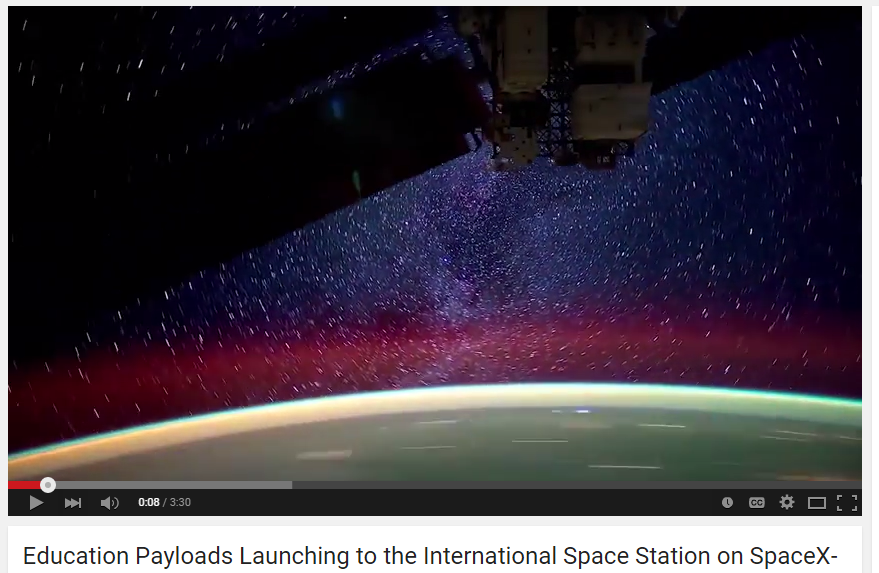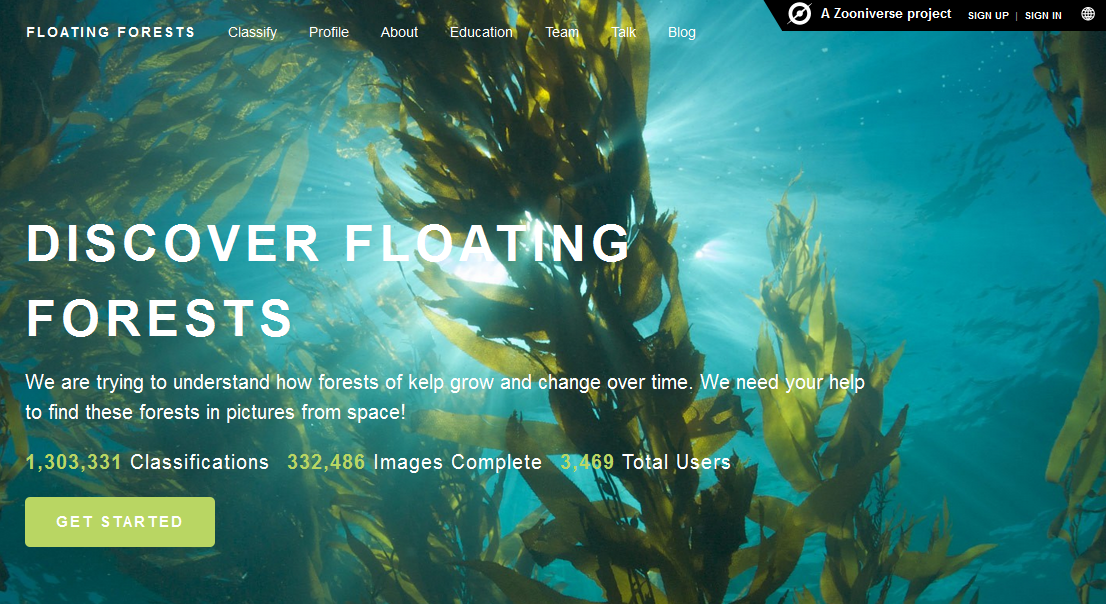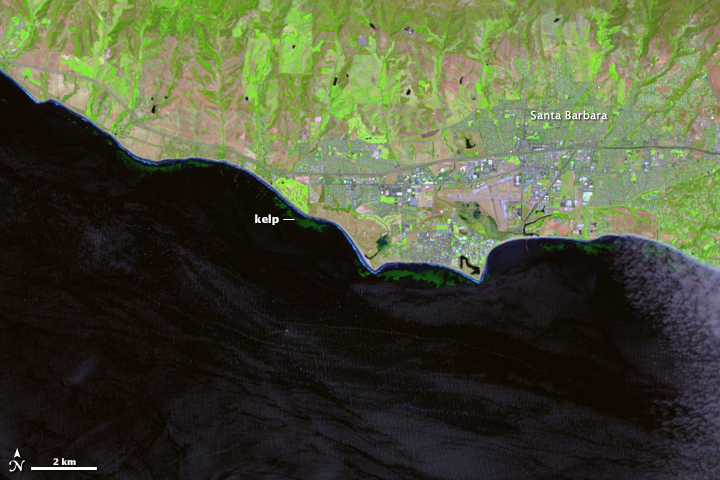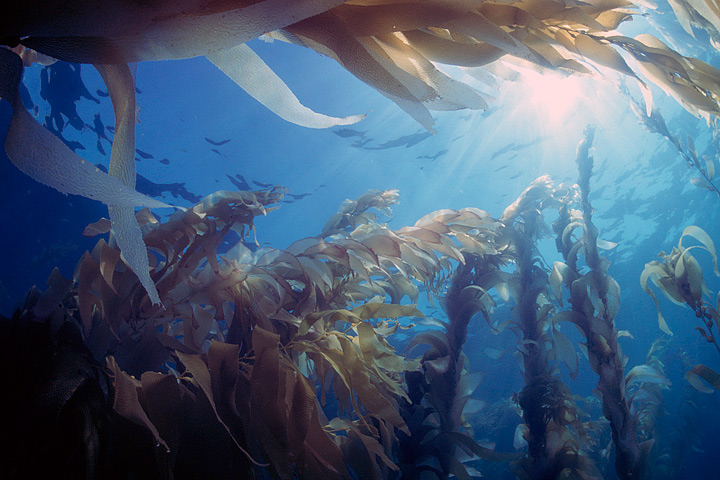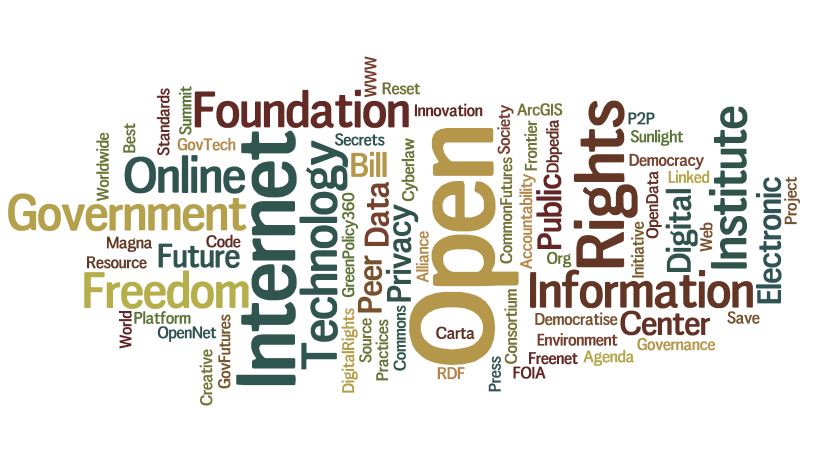Planet Citizens, Planet Scientists: Difference between revisions
Siterunner (talk | contribs) No edit summary |
Siterunner (talk | contribs) No edit summary |
||
| Line 142: | Line 142: | ||
[http://www. | ===Our GreenPolicy network of websites includes:=== | ||
[http://www.earthpov.com '''Earth Point of View --- www.earthpov.com'''] | |||
[http://www.planetcitizen.org '''Planet Citizen --- www.planetcitizen.org''' / '''www.planetcitizens.net'''] | |||
[http://www.thinbluelayer.com '''Thin Blue Layer --- www.thinbluelayer.com'''] / [https://www.pinterest.com/stratdem/environmental-security/ '''Environmental Security'''] | |||
''' | [https://www.facebook.com/greenbestpractices '''Green Policy-Facebook'''] --- [https://plus.google.com/u/0/104105656721944993244/posts '''GreenPolicy-Google+'''] --- [https://twitter.com/greenpolicy360 '''GreenPolicy-Twitter'''] | ||
[http://bit.ly/DigitalRightsLinks '''Digital Rights/OpenData OpenGov'''] | |||
[http://www.greenpolicy360.net/w/GreenLinks '''GreenLinks -- Linking to Green Best Practices'''] | |||
[[File:Digital Rights Tag Cloud from GreenPolicy360.net.png|link=http://www.greenpolicy360.net/w/GreenPolicy360-eOS#Digital_Rights_.2F_Open_Data_Open_Government]] | |||
○ ○ ○ ○ | ○ ○ ○ ○ | ||
* [http://www.greenpolicy360.net/w/@Earth360 #Earth360] | |||
* [http://www.greenpolicy360.net/w/HelloEarth Hello Earth] | |||
* [http://www.greenpolicy360.net/w/Anthropocene Welcome to the Anthropocene] | |||
* [http://www.greenpolicy360.net/w/Virtual_Earth Virtual Earth] | |||
* [http://www.greenpolicy360.net/w/Earth_Science_Vital_Signs Earth Science, Vital Signs] | |||
* [http://www.greenpolicy360.net/w/Earth_Right_Now Earth Right Now] | |||
* [http://www.greenpolicy360.net/w/Blue_Marble_Collection "Blue Marble" Collection] | |||
* [http://www.greenpolicy360.net/w/EOS_eco_Operating_System ECO Operating System, Parts 1, 2 & 3] ○ [http://www.greenpolicy360.net/mw/images/EOS-eco-Operating-System-Part1.pdf] ○ [http://www.greenpolicy360.net/mw/images/EOS-eco-Operating-System-Part2.pdf] ○ [http://www.greenpolicy360.net/mw/images/EOS-eco-Operating-System-Part3.pdf] | |||
* [http://www.greenpolicy360.net/w/File:Env_policy_laws_US_%27the_beginning%27_of_env_era.jpg The beginning of the US environmental era, foundation of forward-looking law] | |||
* [http://www.greenpolicy360.net/w/Why_Climate_Change_Matters-World_Bank_Program World Bank Climate Change Programs] | |||
* [http://www.greenpolicy360.net/w/New_Definitions_of_National_Security New Definitions of National & Global Security] | |||
* [http://strategicdemands.com/environmental-security/ StratDem - Environmental Security] | |||
* [http://strategicdemands.com/stratdem-factoid-re-road-security/ StratDem - Road to Security: Energy] | |||
* [http://www.greenpolicy360.net/w/EV_Corridors_Electric_Vehicles_Zero_Emission_Vehicles EV Corridors - Electric and Zero Emission Vehicles] | |||
* [http://www.greenpolicy360.net/w/Weather_-_Global_Forecast_System_Visualized Weather, Global Forecast System Visualized] | |||
* [http://www.greenpolicy360.net/w/File:G_Earth_Outreach.jpg Google Earth Outreach] | |||
* [http://www.greenpolicy360.net/w/Global_Fishing_Watch Global Fishing Watch] ○ [https://plus.google.com/104105656721944993244/posts/gEGAkFJvXvX About Rebecca] | |||
* [http://www.greenpolicy360.net/w/File:Nov-8-2014_2-01-50_PM_EST.jpg From Up Here It Is Surprisingly Obvious Our World Is One Connected System] | |||
* [http://www.greenpolicy360.net/w/Look_at_how_thin_our_atmosphere_is Look At How Thin Our Atmosphere Is] | |||
* [http://www.greenpolicy360.net/w/Category:ThinBlueLayer Thin Blue Layer] | |||
* [http://www.pinterest.com/stratdem/environmental-security/ StratDem - The "Thin Blue Layer" Atmosphere That Protects] | |||
* [http://www.greenpolicy360.net/mw/images/How_thin_is_earth%27s_atmosphere.jpg A 12 minute drive up at 60 MPH] | |||
* [http://www.greenpolicy360.net/w/IPCC_Report_Nov_2014 IPCC Synthesis Report] | |||
* [http://www.greenpolicy360.net/w/Divestment_from_fossil_fuels Divestment from fossil fuels] | |||
* [http://www.greenpolicy360.net/w/File:People_Climate_March_Sept._21st_Sunday_afternoon_m2.jpg Peoples Climate March] | |||
* [http://www.greenpolicy360.net/w/California,_Plastic_Bag_Ban California, Plastic Bag Ban] | |||
* [http://www.greenpolicy360.net/w/California_out_in_front_in_a_Green_future California Out in Front in a Green Future] | |||
* [http://www.greenpolicy360.net/w/Pictures_from_ISS Where Are You? Pictures from ISS] | |||
* [http://www.greenpolicy360.net/w/OCO-2 The OCO-2 Mission: History-making] | |||
* [http://www.greenpolicy360.net/w/%22GreenLinks%22 GreenLinks - Networking] | |||
* [http://www.greenpolicy360.net/w/Earth_Science_Research_from_Space Earth Science Research from Space] | |||
* [http://www.greenpolicy360.net/w/Category:Earth_Science_from_Space "New Space": Earth Science] | |||
* [http://www.greenpolicy360.net/w/Micro-satellites Micro-satellites - "New Space": Low-cost Earth Imaging] | |||
* [http://www.greenpolicy360.net/w/Planet_Labs_Doves_Fly Planet Labs Doves Fly] | |||
* [http://www.greenpolicy360.net/w/NASA_EarthSciences,_Challenges_Public_to_Join_In NASA Earth Sciences] | |||
* [http://www.greenpolicy360.net/w/Ground_Truth "Ground Truth"] | |||
* [http://www.greenpolicy360.net/w/File:Isn%27t_it_time.jpg Isn't It Time We Measure?] | |||
* [http://www.greenpolicy360.net/mw/images/You_can_manage_only_what_you_can_measure_Dr_David_Crisp%2C_OCO-2%2C_June_2014_m.jpg You can manage only what you can measure] | |||
* [http://www.greenpolicy360.net/w/File:Earth_imaging.jpg Earth Imaging] | |||
* [http://www.greenpolicy360.net/w/Category:Sea-Level_Rise_%26_Mitigation Sea-level Rise and Mitigation] | |||
* [http://www.greenpolicy360.net/w/Time_for_a_Price_on_Carbon Time for a Price on Carbon] | |||
* [http://www.greenpolicy360.net/w/Environmental_full-cost_accounting Environmental Full-Cost Accounting] | |||
* [http://www.greenpolicy360.net/w/Triple_Bottom_Line Sustainability Policies, Triple Bottom Line] | |||
* [http://www.greenpolicy360.net/w/Natural_Capital Natural Capital] | |||
* [http://www.greenpolicy360.net/w/Extinction Extinction - Loss of Diversity] | |||
* [http://www.greenpolicy360.net/w/Rights_of_Nature_EarthLaw Rights of Nature] | |||
* [http://www.greenpolicy360.net/w/C40_Cities_Climate_Leadership_Group C40 Cities Climate Leadership Group] | |||
* [http://www.greenpolicy360.net/w/Alternative_Agriculture Alternative Agriculture] | |||
* [http://www.greenpolicy360.net/w/Category:Climate_Policy] | |||
○ ○ ○ ○ | |||
[http://www. | [http://www.greenpolicy360.net/w/Planet_API '''''Planet API'''''] / '''''#PlanetAPI''''' / [http://www.planetcitizen.org '''''Planet Citizen'''''] / '''''#PlanetCitizen''''' | ||
'''''GreenPolicy360''''' / '''''#Earth360''''' / '''''#EarthImaging''''' / '''''#EarthMonitoring''''' | |||
'''''GP360''''' / '''''#EarthObservations''''' / '''''#EarthScience''''' / '''''#NewSpace''''' | |||
'''''#EarthPOV''''' / [http://www.earthpov.com '''''Earth Point of View'''''] | |||
○ ○ ○ ○ | |||
Revision as of 15:06, 27 June 2015
http://www.greenpolicy360.net/w/File:Education_experiments_going_up_on_SpaceX.png
○ ○ ○ ○ ○ ○ ○ ○ ○ ○ ○ ○ ○ ○ ○ ○ ○ ○ ○ ○ ○ ○ ○ ○
|
|
Continuing with GreenPolicy360 "Planet Citizen, Planet Scientist", we begin looking at 'ocean forests' with perspective and a need for interactive assistance from engaged 'netizens'
- Floating Forests
Help with the Kelp, Join in -- be a Planet Citizen, Planet Scientist -- http://www.floatingforests.org/
"Automated classification methods just don’t produce acceptable levels of accuracy...”
○ ○ ○ ○ ○ ○ ○ ○ ○ ○ ○ ○ ○ ○ ○ ○ ○ ○ ○ ○ ○ ○ ○ ○ ○ ○ ○ ○ ○ ○ ○ ○ ○ ○ ○ ○ ○ ○ ○ ○
Take a look at the newly launched Floating Forest Project -- and a request for help from planet citizens who are willing to volunteer as planet scientists.
Here's the invitation from the Floating Forest website:
○
Citizen scientists—recruited via the Internet—are given instruction in how to hunt for giant kelp in satellite imagery.
They (you) are then given Landsat images and asked to outline any giant kelp patches that they find.
Your findings will be crosschecked with those from other citizen scientists and then passed to the Floating Forest science team for verification.
The size and location of these forests are catalogued and used to study global kelp trends.
As of January 11, 2015, more than 3,400 citizen scientists had joined up to look for kelp in 328,000 Landsat images...
○
GreenPolicy believes this is a planetary moment to jump, do it, sign up, help out!
Put a toe in first, test the waters (the water's fine) -- it could be time to become a "planet citizen, planet scientist"
Floating Forests - Earth Observatory/NASA-Landsat
Origin of Floating Forests Project
○ ○ ○ ○
Landsat 8 detects near-infrared wavelengths of light to spot & monitor offshore kelp forests (NASA Earth Observatory image)
○ ○ ○ ○
○ ○ ○ ○
"Kelp are the redwoods of the sea..." The world’s largest marine plants, they regularly grow up to 35 meters (115 feet) tall.
- Floating Forests
Help with the Kelp, Join in -- be a Be a Planet Citizen, Planet Scientist -- http://www.floatingforests.org/
Floating Forests - Earth Observatory/NASA-Landsat
Origin of Floating Forests Project
Planet Citizen, Planet Scientist
Kyle Cavanaugh had an idea. “These forests change so rapidly and on a variety of different time scales—months to years to decades—so we needed a long record with consistent, repeated observations,” Cavanaugh said. He devised a method to use Landsat satellite data to monitor kelp forests.
A few things made Landsat an obvious resource. Since the 1970s, the satellites have had a regular collection schedule (twice monthly). Their data and images are managed by the U.S. Geological Survey and are reliably stored in an archive that dates back more than forty years. And Landsat’s images are calibrated, or standardized, across different generations of satellites, making it possible to compare data collected across several decades...
Landsat measures the energy reflected and emitted from Earth at many different wavelengths. By knowing how features on Earth reflect or absorb energy at certain wavelengths, scientists can map and measure changes to the surface. The most important feature for the kelp researchers is Landsat’s near-infrared band, which measures wavelengths of light that are just outside our visual range. Healthy vegetation strongly reflects near-infrared energy, so this band is often used in plant studies. Also, water absorbs a lot of near-infrared energy and reflects little, making the band particularly good for mapping boundaries between land and water.
“The near-infrared is key for identifying kelp from surrounding water,” Cavanaugh explained. “Like other types of photosynthesizing vegetation, giant kelp have high reflectance in the near infrared. This makes the kelp canopy really stand out from the surrounding water.”
○
After a recent meeting on kelp forests and climate change, researchers Byrnes, Cavanaugh, and other colleagues set out to consolidate all of the available kelp forest data from around the world. They wanted to take a step toward understanding how climate change is affecting kelp globally, but they quickly discovered they had a sparse patchwork of information.
Byrnes was struck with a thought. They had used Landsat to expand their studies across time, so why not use Landsat to expand their studies around the world? Could Landsat be used to establish global trends in kelp forest extent? The answer was yes, but the problem was eyeballs.
Unlike research on terrestrial vegetation—which uses Landsat data and powerful computer processing arrays to make worldwide calculations—distinguishing kelp forests requires manual interpretation. While kelp forests pop out to the human eye in near-infrared imagery, computers looking at the data numerically can confuse kelp patches with land vegetation. Programs and coded logic that separate aquatic vegetation from land vegetation can be confounded by things like clouds, sunglint, and sea foam...
"Automated classification methods just don’t produce acceptable levels of accuracy..."
Byrnes and Cavanaugh put together a science team and joined with Zooniverse, a group that connects professional scientists with citizen scientists in order to help analyze large amounts of data. The result was the Floating Forests project.
https://www.zooniverse.org/#climate
https://www.zooniverse.org/#nature
The Floating Forest concept is all about getting more eyeballs on Landsat imagery. Citizen scientists—recruited via the Internet—are instructed in how to hunt for giant kelp in satellite imagery. They are then given Landsat images and asked to outline any giant kelp patches that they find. Their findings are crosschecked with those from other citizen scientists and then passed to the science team for verification. The size and location of these forests are catalogued and used to study global kelp trends.
Join in!
○ ○ ○ ○
Our GreenPolicy network of websites includes:
Earth Point of View --- www.earthpov.com
Planet Citizen --- www.planetcitizen.org / www.planetcitizens.net
Thin Blue Layer --- www.thinbluelayer.com / Environmental Security
Green Policy-Facebook --- GreenPolicy-Google+ --- GreenPolicy-Twitter
Digital Rights/OpenData OpenGov
GreenLinks -- Linking to Green Best Practices
○ ○ ○ ○
○ ○ ○ ○
Planet API / #PlanetAPI / Planet Citizen / #PlanetCitizen
GreenPolicy360 / #Earth360 / #EarthImaging / #EarthMonitoring
GP360 / #EarthObservations / #EarthScience / #NewSpace
#EarthPOV / Earth Point of View
○ ○ ○ ○
